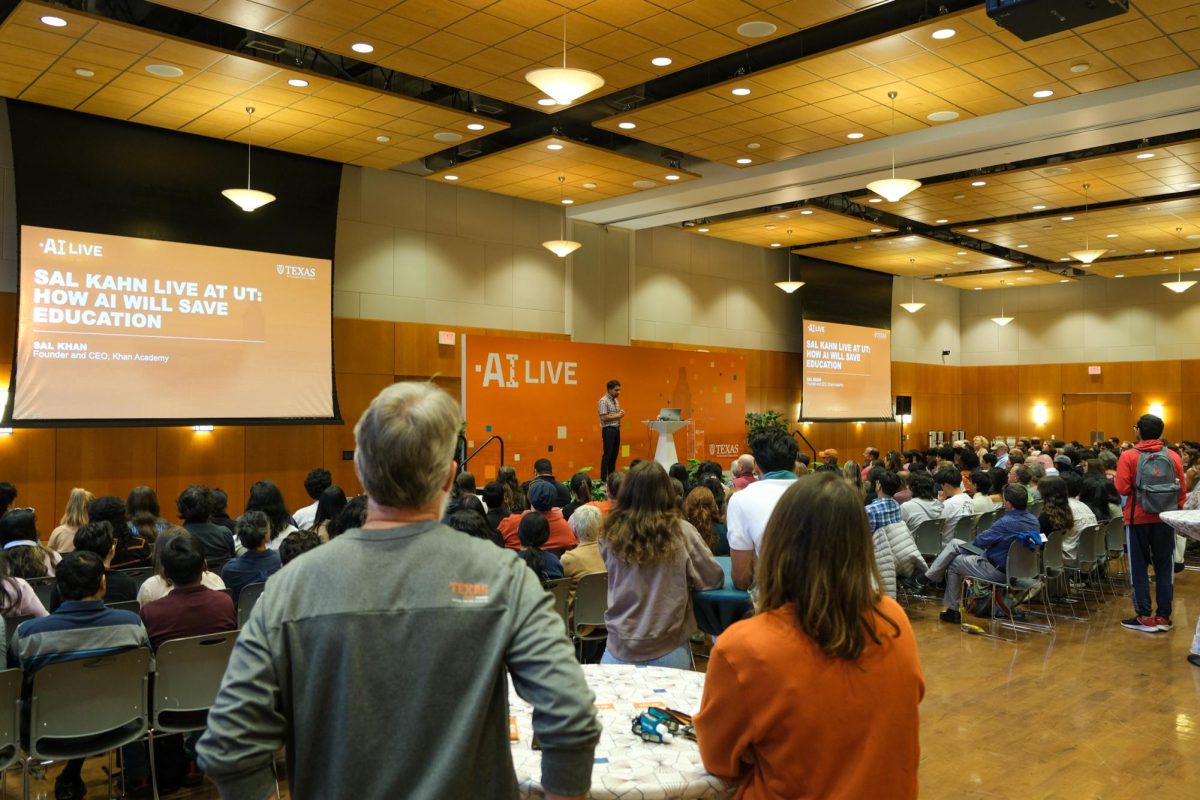Leif Karlstrom, University of Oregon assistant professor of earth sciences, sought to answer questions at a seminar Wednesday afternoon regarding waves in volcanic conduits, which are like natural pipelines that enable magma to rise to the Earth’s surface.
“The questions I’m trying to answer are ‘what’s resonating?’ and ‘what constraints do observed frequencies, decay rates (and) centroid location … place on magma properties and geometry of magmatic plumbing systems?’” Karlstrom said.
Karlstrom presented research including calculations and observations of the Kilauea Volcano in Hawaii and Mount Erebus in Antarctica, which both feature open vents with lava lakes that have low viscosity magma.
According to his personal website, Karlstrom studies fluid motions as they pertain to volcanoes, glaciers and bedrock landscapes.
The Jackson School of Geosciences hosted Karlstrom through the informal Petrology Geochemistry Structure Tectonics speaker series. This evening, the school will welcome him again for his lecture “The Elephant in the Room: How Subsurface Magma Movements Control the Diversity of Volcanic Behavior in Time and Space” as part of the De Ford Lecture Series.
Wednesday’s seminar presented quantitative research and analysis in a technical manner, but Thursday’s lecture will be more suited for the general public, said JSG professor James Gardner.
Gardner regularly attends these events and even presented his own work at an iPGST seminar last semester.
“We tend to all have similar interests so it’s more of a focused kind of talk, and it’s at noon so we all bring brown bag lunch,” Gardner said. “The idea is that the topics should be based on these disciplines working here. It’s informal in the sense that the idea is that people could ask questions in the middle or interrupt and ask questions whereas at formal talks you tend to let the speaker go.”
The iPGST event attendees typically include a myriad of people, such as professors, undergraduate students and PhD candidates with varying levels of familiarity on a broad range of scientific topics. PhD candidates are required to present for iPGST to earn their degree.
Geological sciences senior Emilie Bowman, who attended the lecture with fellow classmates, said she likes the technical and in-depth approach of the iPGST events.
“We’re honors students, so we’re encouraged to attend 13 talks per semester,” Bowman said. “I work on mimetic systems, so it’s good to see talks about this type of (subject).”

















